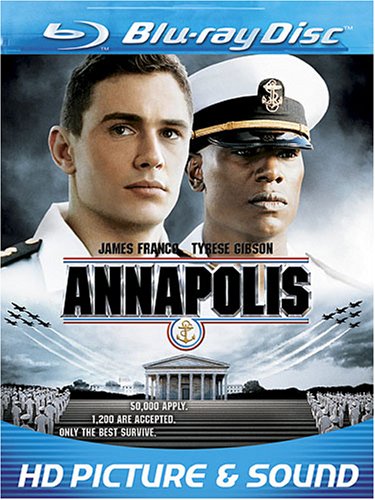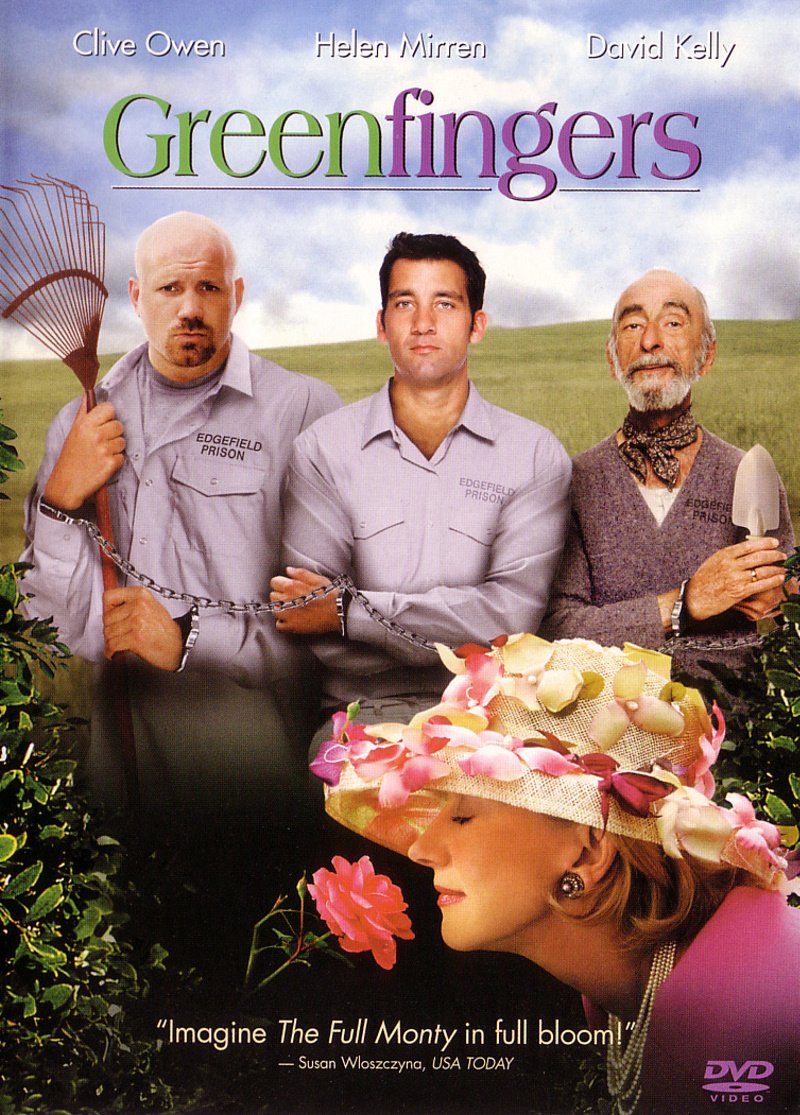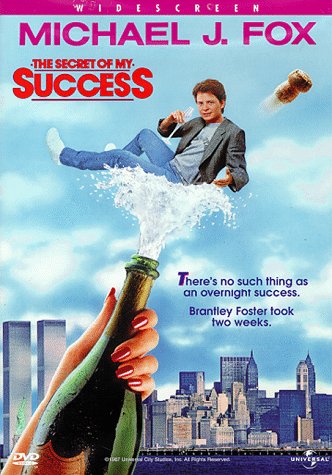Review: Born a Witch, Drafted by the FBI! and Conjuring Quantico by T.S. Paul
The first two offerings in the Federal Witch series by T.S. Paul will likely be the only ones I buy. Despite an admittedly great story with an intriguing, vaguely alternate-history, plot-gimmick, I can't force myself to wade any further through the extremely poor editing.
I might have been warned by the cover composition, and the fact that these books are only available in e-format.
The concept is a good one: magic users (Paranormals) are a sizeable group in every country, and have been at the center of each historic conflict since the Great War (WWI in our history), which they call the Great Purge. Because the Allied victory in this war involved killing off the vampire clans in Europe (including neutrals, and those allied to Britain), the paranormal community is extremely leary of cooperating with government agencies like the FBI.
Born a Witch
Agatha Blackmore is not only a witch, she is the most powerful witch of her generation. She is also a loose cannon with a tendency to commit wild magic with unintended consequences. Who better, then, to finally step up to work for the FBI? If her magic goes awry, as expected, at least she'll not be anywhere near the witch community.This prequel tells Agatha's back-story: the "incident" when she was six that terrified her widowed mother and her aunt, and brought into her life the familiar Fergus, a My-Little-Pony-sized unicorn that talks—and cusses. The story reveals her strong bent toward law enforcement, and provides some reason to why she would comply with her family's desire to have her out of the community.
It also establishes the bias and bigotry of the FBI Academy's director and staff, not only toward Agatha, but toward other paranormals like her Were roommate Cat. The characters each have their own voice and set of quirks, including the politically-incorrect Fergus.
The novella would have been an enjoyably quick read if I hadn't spent so much time documenting the dauntingly numerous instances of apostrophe-abuse and number disagreement. What writer old enough to have a wife, as T.S. Paul's bio indicates, does not know that plurals do not have apostrophes, and possessive nouns (except pronouns) do? I reported dozens of such errors from this short 55-page novella.
Paul is lucky I ignored the apparent inability of the author to use commas; I would have still been reporting them if I had not. Leaving them out makes the reader work so much harder to figure out who is speaking to whom.
Conjuring Quantico
Agatha Blackmore and her roommate Cat are both accepted to study at Quantico. I didn't expect to find a close match with actual FBI Academy practices in a novel about witches and were-cats, so I wasn't disappointed when I didn't. It felt more like the movie Feds: cute girl roommates and a dweeby guy form a pact (or in this case, a Pack), and triumph as student-agents by using teamwork.In this iteration, however, they're pitted against a team of powerful demons instead of clueless fellow students.
Here again, the story and character development rates a 10, but the apostrophe-abuse continues. And Paul adds a new issue: rampant capitalization. Random nouns are "properized" by capitalizing them. "Were" (a shape-shifter Paranormal) is proper in one sentence, and uncapitalized "were" in the next, and "were-cat" is just as likely to be rendered "Were-Cat" or "Were-cat." (It doesn't help that the Were Cat is a were-cat.)
I finally blew my stack when "Dike" and "Sill" (the igneous geologic structures) were properized.
I was sensitized by the time I came across two instances of blatant number disagreement. "There was two..." and "There was several..." made me see red. And don't get me started on the author's blatant disregard for the proper use of commas. "See Cat being a natural leader..." is just not the same thing as "See, Cat, being a natural leader..."
I wanted to love these books. I really did. I'm angry that the abyssmal editing prevented me from doing so, and even more incensed that I spent my own money to experience such a disappointment.
I can't recommend them to anyone else.



















